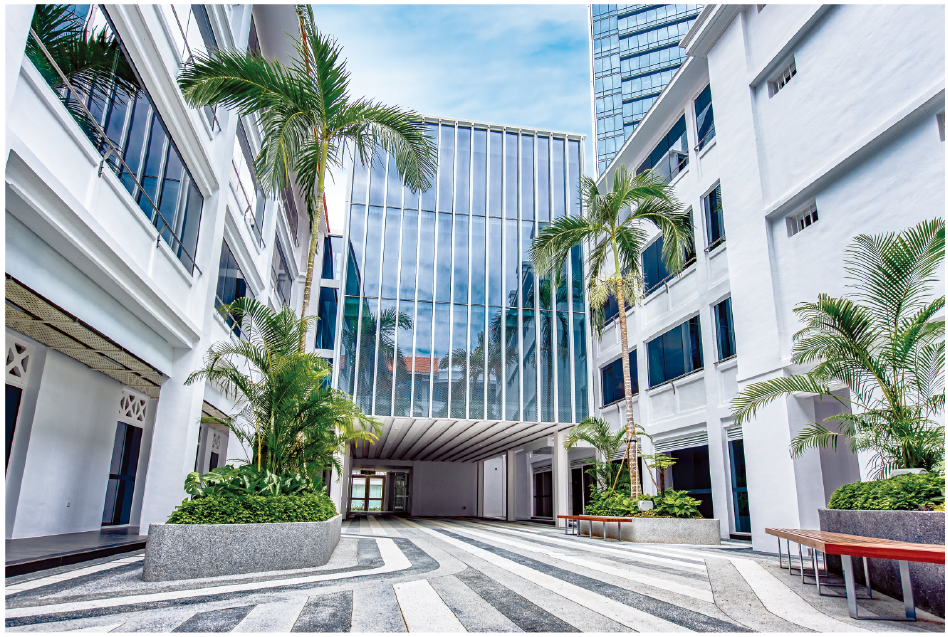
Published in Asian-mena Counsel: Dispute Resolution Special Report 2019
Asian-Mena Counsel spoke to Philip Jeyaretnam, Chairman of Maxwell Chambers, about the opening of Maxwell Chambers Suites and how it will affect dispute resolution in the region.
Asia-mena Counsel: Maxwell Chambers opened in 2010. What was the aim behind the establishment of the institution and how has it progressed during the past decade?
Philip Jeyaretnam: Maxwell Chambers was established to enable international dispute resolution institutions and bespoke hearing facilities to be housed together — it was the first time an integrated facility of this type was built and a game changer for the arbitration community.
When we opened in 2010, we were nominated by the Global Arbitration Review as one of the “Best Developments” in the arbitration industry. We have grown from strength to strength since then and continue to set new benchmarks.
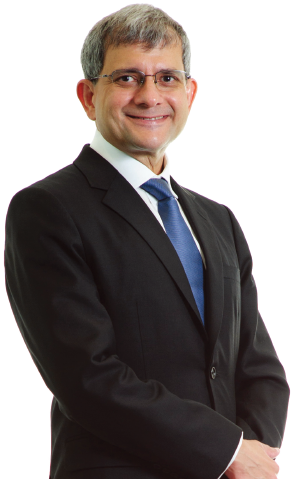 AMC: The new Maxwell Chambers Suites will be launched on August 8 this year. What has driven the need for expansion?
AMC: The new Maxwell Chambers Suites will be launched on August 8 this year. What has driven the need for expansion?
PJ: Singapore has taken the lead as a top destination of choice for commercial dispute resolution in Asia. Based on the 2018 International Arbitration Survey, Singapore is the top arbitration seat in Asia and third in the world after London and Paris. Singapore is the only Asian jurisdiction to be ranked within top four by the rest of the world (except Latin America).
Singapore’s flagship arbitral institution, Singapore International Arbitration Centre (SIAC) has also seen strong growth in caseload over the years. The SIAC has seen a healthy growth in cases handled, recently surpassing that of the London Centre for International Arbitration and the Hong Kong International Arbitration Centre.
Because of the growing demand for dispute resolution work in Singapore, we hold many more hearings at Maxwell Chambers; our hearing rooms are full on some days. There are also many more international dispute resolution institutions and firms that want to establish a base in Singapore to tap into the growth of Asia.
The Maxwell Chambers Suites — which will be officially open on August 8 this year — is thus a timely addition. It will triple our current capacity and allow us to meet the growing demand. The new extension will be dedicated to housing dispute resolution institutions and firms, while the current building will house the hearing facilities. The two buildings will be connected by an overhead link-bridge.
AMC: How is the response to the new Maxwell Chambers Suites so far? What can we look forward to?
PJ: The legal community around the world has shown strong interest. Maxwell Chambers Suites will house at least 11 international institutions, as well as 20 disputes firms from 11 countries. Among the 11 international institutions, five will have their case management offices here, including the International Chamber of Commerce’s International Court of Arbitration and the Permanent Court of Arbitration. Maxwell Chambers Suites will have the highest concentration of case management offices in the world, and we will see more high-value cross-border disputes heard in Singapore.
We will also have six specially designed executive suites for short-term rental to cater to arbitrators, mediators and counsel who are based overseas but fly in and out of Singapore for dispute resolution. We will provide a secure office space, staffed by a secretariat that is familiar with the needs of dispute resolution work.
AMC: Singapore has been rising up the ranks of international dispute resolution hubs. What is behind its success?
PJ: Parties choose Singapore for many reasons.
First, Singapore’s neutrality and strong commitment to rule of law makes us particularly attractive to foreign parties involved in cross-border disputes. It is a more trusted and stable choice for businesses in a global climate of tension and uncertainty.
Second, Singapore offers a comprehensive suite of international commercial dispute resolution services. This includes international commercial arbitration, international commercial mediation and international commercial litigation. Under each option, users can find institutions with renowned panels of local and international arbitrators, mediators or judges.
Third, Singapore has a strong pool of dispute resolution firms. About 40 of the top 100 international law firms by revenue are based in Singapore.
Fourth, there is an open regime for the practice of international commercial arbitration — for example, parties engaging in arbitration in Singapore have the freedom to engage lawyers of any nationality and to use any governing law. There are work pass exemptions for arbitration and mediation services, and tax-exemptions for non-resident arbitrators and mediators.
And finally, Singapore provides world-class infrastructure for dispute resolution hearings at Maxwell Chambers.
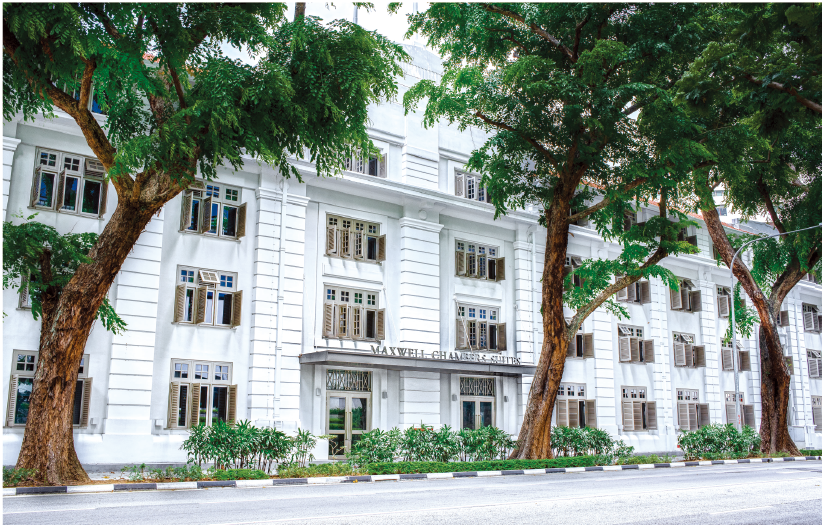
AMC: What is Singapore doing to maintain this position?
PJ: As business needs change, Singapore proactively updates its legislative framework to ensure that it remains relevant and stays ahead of the competition. For example, in 2017, Singapore amended its laws to allow for third-party funding in international commercial arbitration. It also enacted the Mediation Act to enhance the enforceability of mediated settlement agreements.
Singapore is also now taking the lead in developing international commercial mediation, to complement the lead it has established in international commercial arbitration. Singapore took the lead and contributed directly to the development of the Convention at the Uncitral.
On August 7, 2019, one day before the opening of the Maxwell Chambers Suites, Singapore will be hosting the signing ceremony for the new UN Convention on International Settlement Agreements Resulting from Mediation, also referred to as the Singapore Convention on Mediation.
The Singapore Convention on Mediation is the missing piece in the international dispute resolution enforcement framework. For litigation, we have the Hague Convention on Choice of Court Agreements. For arbitration, there is the New York Convention. The Singapore Convention on Mediation will enhance cross-border enforceability of mediated settlement agreements. Businesses will benefit with greater certainty and assurance.

T: (65) 6595 9010
![]() Click Here to read the full issue of Asian-mena Counsel: Dispute Resolution Special Report 2019.
Click Here to read the full issue of Asian-mena Counsel: Dispute Resolution Special Report 2019.









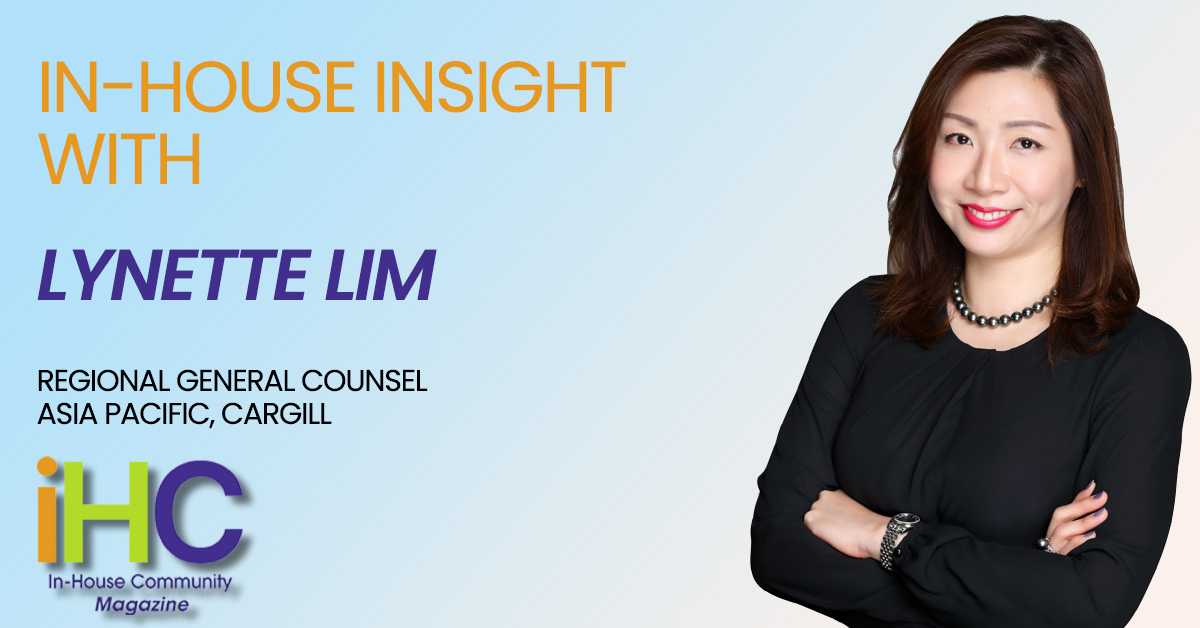



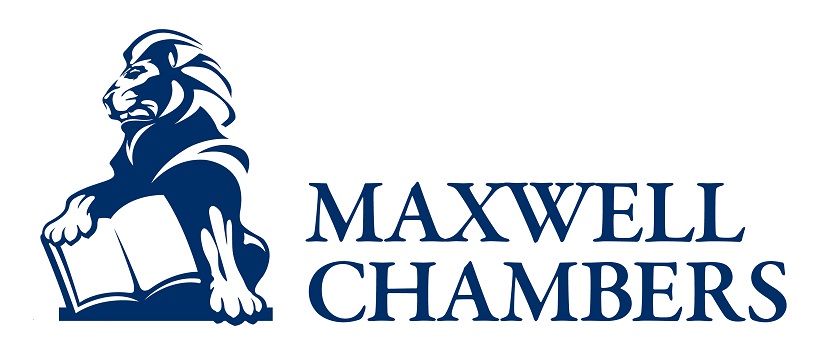 Maxwell Chambers
Maxwell Chambers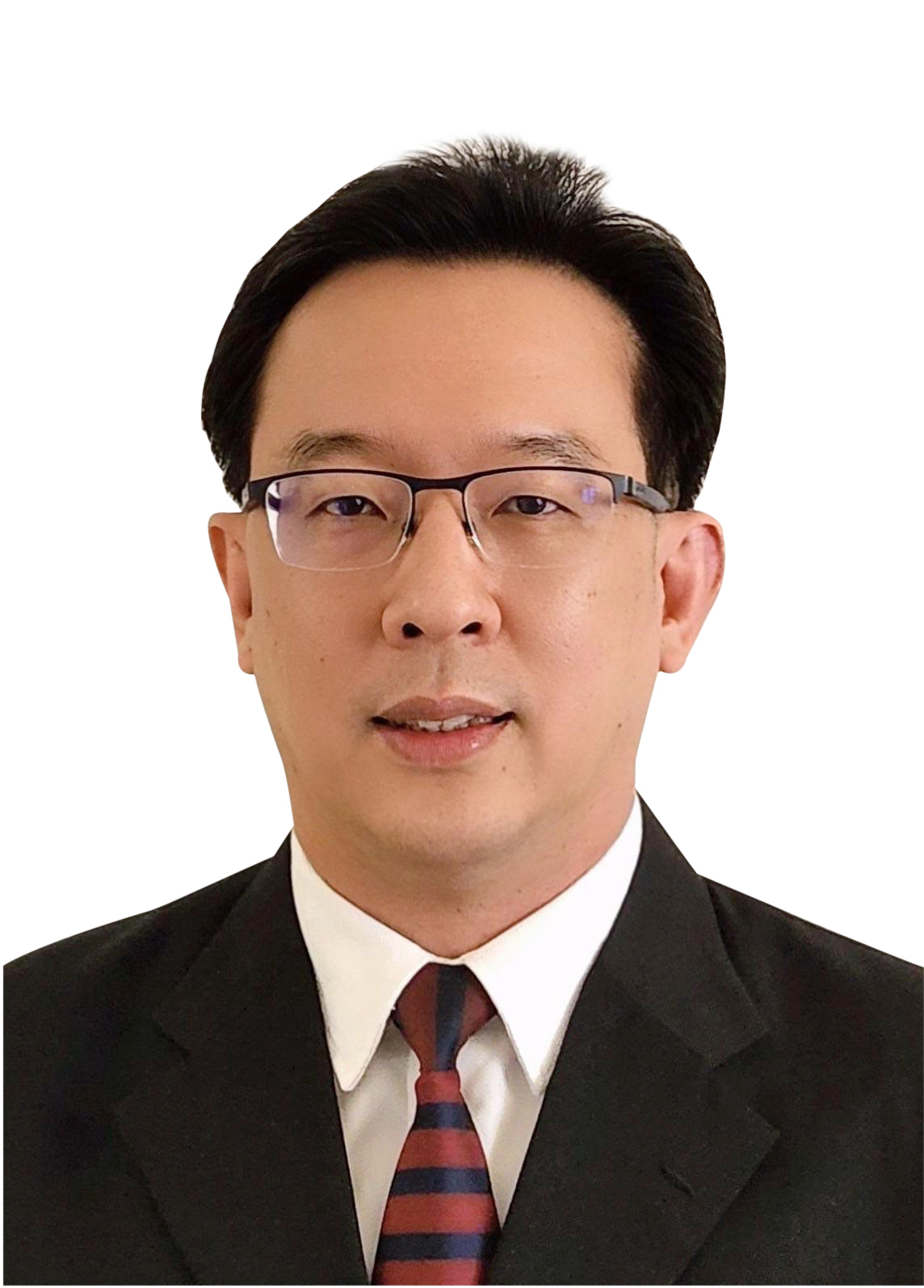 Ban Jiun Ean
Ban Jiun Ean







